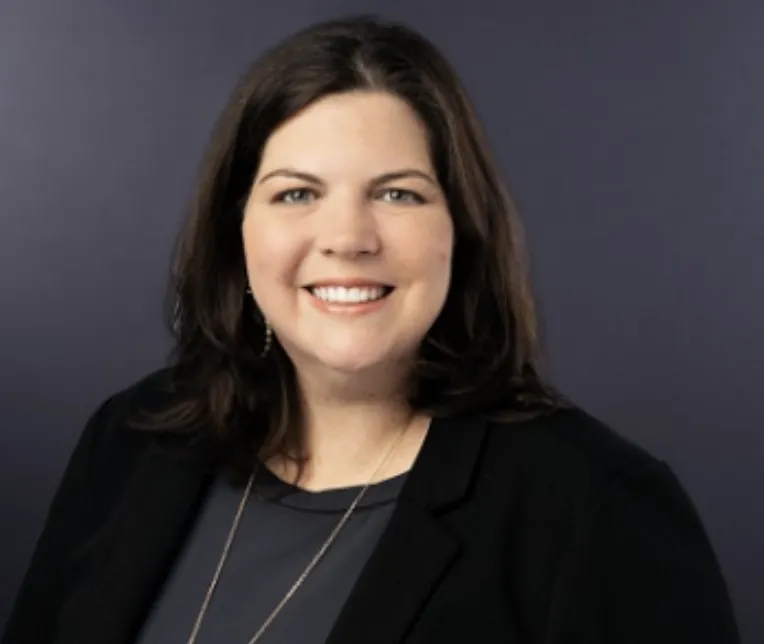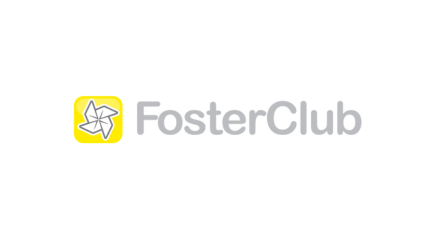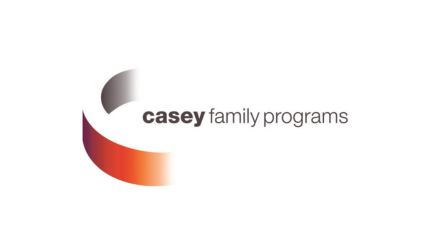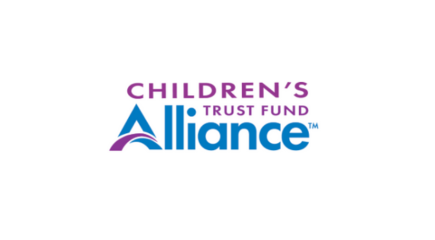Why Fathers Matter in Child Welfare: Supporting Young People Through Engagement and Community

Fathers and father figures play a powerful role in young people’s lives. Yet too often, their importance is underestimated in the child welfare system. Research shows that when fathers are engaged, children are more likely to feel safe, build confidence, and thrive in school and beyond. (Source)
Members of the Family Voices United Lived Experience Advisory Board (LEAB) share why recognizing and including fathers matters for young people’s well-being.
Showing Up as a Dad Matters
Young people with engaged fathers or male role models often:
- Do better in school
- Build stronger support systems
- Develop lifelong skills for success

LEAB Member: Jarrod Hummer, (he/him) Parent, Indiana
Jarrod Hummer, a parent from Indiana, explains:
“Children do better in school, avoid incarceration, and thrive economically when fathers are present. It also matters in child welfare.”
Fathers are not “extra help.” They can bring stability, guidance, and hope to children navigating tough situations.
Why Father Involvement Matters
Fathers provide more than financial support, they contribute in ways that shape identity and resilience:
- Safety – helping young people feel protected
- Encouragement – building confidence through support
- Guidance – offering advice that shapes life choices

LEAB Member: Susan Langenfeld (she/her), Resource/Adoptive Parent, New York
Susan Langenfeld, a resource parent in New York, adds:
“For my adopted children, the deepest wound is feeling abandoned. Fathers should stay involved as much as possible in their children’s lives.”
Susan’s words remind us: when fathers are present, young people can feel valued and emotionally secure.
Barriers Fathers Face
Despite their importance, fathers in child welfare often encounter real obstacles to staying connected:
- Distance or transportation challenges
- Court or case plan restrictions
- Limited information about their child’s needs or activities
Jarrod emphasizes:
“Removing a child from their family takes away opportunities for connection and support. When we leave fathers out, we miss chances to strengthen them and support their children.”
Inclusion matters not just for fathers, but for young people too.
Fathers Can Make Significant Changes

LEAB Member: Molly Clore (she/her), Resource/Adoptive Parent, Florida
Even one engaged father or father figure can change a young person’s life. Molly Clore, a resource parent from Florida, shares:
“We knew our dad cared about us. Despite his own health needs, he was an integral part of our lives. Children deserve to know and remain connected with their fathers whenever possible.”
Molly’s story shows: perfection isn’t required. What matters most is consistent care, connection, and being actively present in a young person's life.

LEAB Member: Bob Ruble, Kinship Caregiver, California
Too often, fathers in caregiving roles are overlooked or underestimated. Yet fathers, grandfathers, uncles, and other male caregivers play a vital role in helping young people feel safe, supported, and valued. Bob Ruble, a kinship caregiver from California, reminds us:
“I’m an uncle, but in raising my niece, I became a father figure. When my wife and I separated, I feared she’d go into foster care and be taken from me. But our social worker saw my commitment, and 22 years later, she’s still with me. It’s important to recognize that men can step up and meet a child’s needs.”
From fathers and grandfathers to uncles and mentors, male caregivers provide stability, nurture, and strength, challenging stereotypes and strengthening families.
How Communities Can Support Fathers
Communities have the power to help fathers remain engaged and included in their children’s lives. Here’s how:
- Celebrate Traditions: Create space for fathers to share family or cultural traditions at community events.
- Encourage Mentorship: Invest in programs that connect fathers with youth as mentors.
- Value Fathers’ Skills: Invite fathers to share talents such as sports, cooking, music, trades through workshops or activities.
- Support During Transitions: Provide resources and check-ins as youth move or age out of care such as FosterClub’s Foster and Resource Training.
When communities recognize male caregivers as essential partners, young people gain more opportunities for love, guidance, and stability.
A Call to Action
Fathers matter. When included and supported, they help young people grow up with stronger identities, deeper connections, and brighter futures.
Family Voices United calls on policymakers, child welfare leaders, and communities to actively engage fathers and father figures not as optional, but as essential.
Join us in uplifting father voices. Share this blog, start conversations in your community, and support programs that connect fathers and young people. Together, we can build a child welfare system that is inclusive, healing, and whole.
About Family Voices United
Family Voices United is a collaboration between FosterClub, Generations United, the Children’s Trust Fund Alliance, and Casey Family Programs. The project works to improve the child welfare system by listening to, and amplifying, the voices of people who have lived through it. When their experiences shape policy, we all move closer to a system that truly supports children and families.
Take action. Learn more. Share your story at familyvoicesunited.org




